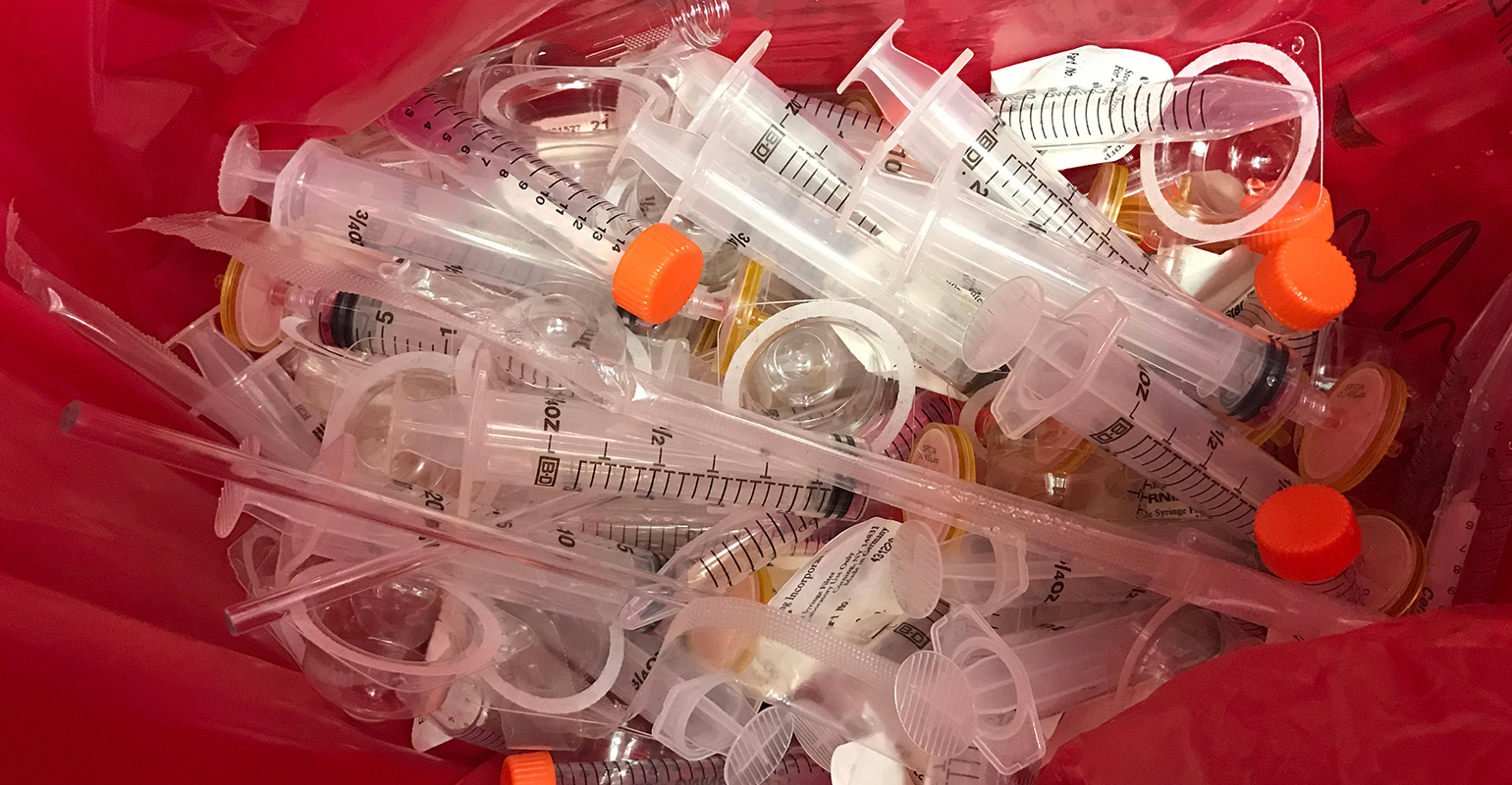Introduction
In the realm of healthcare, the proper management of pathological waste is essential for maintaining both public health and environmental safety. Pathological waste includes various biological materials that could pose health risks if not managed correctly. This article delves into the critical aspects of pathological waste management, its importance, and how dedicated services play a pivotal role in upholding health and environmental standards.
Pathological Waste Management: A Necessity for Health and Safety
Effective pathological waste management revolves around the responsible collection, transportation, and disposal of waste materials generated in healthcare facilities. Below, we explore the reasons why proper management is crucial for the wellbeing of both humans and the environment.
Types of Pathological Waste
Pathological waste comprises tissues, body fluids, human organs, and other biological materials. These materials may carry infectious agents, making their proper disposal imperative to prevent the spread of diseases and protect healthcare workers and the public.
Mitigating Health Risks
Pathological waste can carry harmful pathogens, posing health risks to anyone who comes into contact with it. Proper management involves using specialized containers, following strict disposal guidelines, and using protective equipment when handling such waste.
Environmental Concerns
Improper disposal of pathological waste can lead to the contamination of soil and water sources. This not only endangers ecosystems but also threatens the health of both humans and wildlife. Responsible management prevents these potential environmental hazards.
Regulatory Compliance
Healthcare facilities are subject to regulations from organizations such as the Centers for Disease Control and Prevention (CDC) and the World Health Organization (WHO). Adhering to these regulations is essential for the safe disposal of pathological waste.
Benefits of Pathological Waste Management
1. Disease Prevention
By ensuring the proper disposal of pathological waste, healthcare facilities minimize the risk of disease transmission and protect the health of patients, staff, and the general public.
2. Environmental Protection
Responsible pathological waste management prevents contamination of water sources, soil, and ecosystems, contributing to a healthier planet.
3. Compliance with Regulations
Healthcare facilities that follow regulations for pathological waste management avoid legal consequences and uphold their commitment to public health and safety.
4. Public Health Confidence
By prioritizing responsible waste management, healthcare facilities foster trust within the community, assuring patients that their wellbeing is a top priority.
5. Employee Safety
Proper disposal procedures reduce the risk of occupational exposure to infectious agents for healthcare workers, enhancing workplace safety.
Pathological Waste Management: FAQs
Q: What is pathological waste?
A: Pathological waste consists of tissues, body fluids, human organs, and other biological materials that may carry infectious agents.
Q: Why is proper pathological waste management crucial?
A: Proper management prevents disease transmission, protects the environment, and ensures regulatory compliance.
Q: How do healthcare facilities ensure compliance with pathological waste disposal regulations?
A: Healthcare facilities follow guidelines provided by regulatory bodies, use specialized containers, and provide training to staff.
Q: What are the health risks associated with improper pathological waste disposal?
A: Improper disposal can lead to the spread of diseases and infections among healthcare workers, patients, and the community.
Q: Can proper pathological waste management help prevent environmental contamination?
A: Yes, responsible management prevents the contamination of water sources, soil, and ecosystems.
Q: Is pathological waste management only relevant to large healthcare facilities?
A: No, proper waste management is essential for all healthcare facilities, regardless of their size, to protect public health and the environment.
Conclusion
Pathological waste management is not only a legal obligation but also a moral responsibility for healthcare facilities. By adhering to guidelines and utilizing specialized services, healthcare providers can ensure the safe disposal of waste materials, safeguard public health, and contribute to the preservation of our environment. The commitment to proper pathological waste management reflects a dedication to the wellbeing of individuals, communities, and the planet as a whole.
